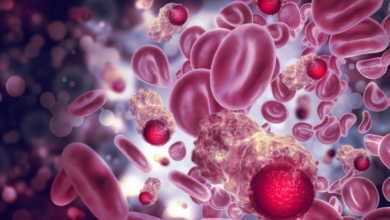CYP450 Testing (for drug metabolism)

What is CYP450 Testing (for drug metabolism)?
CYP450 testing is a type of genetic testing that examines the activity of enzymes in the CYP450 family. These enzymes play a crucial role in metabolizing medications in the body. Variations in these genes can significantly affect how individuals respond to different drugs.
Why CYP450 Testing (for drug metabolism)
is required?
CYP450 testing is essential for:
- Personalized medicine: Understanding an individual’s genetic makeup can help healthcare providers tailor drug therapy to optimize treatment outcomes and minimize adverse reactions.
- Drug interactions: CYP450 testing can identify potential drug interactions, allowing for safer and more effective medication management.
- Adverse drug reactions: By understanding an individual’s genetic predisposition, adverse drug reactions can be predicted and prevented.
which are the method of CYP450 Testing (for drug metabolism)?
CYP450 testing typically involves a simple blood draw. The DNA extracted from the blood sample is then analyzed for variations in specific CYP450 genes.
who should go for CYP450 Testing (for drug metabolism)?
CYP450 testing may be recommended for individuals:
- With a history of adverse drug reactions
- Taking multiple medications
- Requiring medications with a narrow therapeutic index (where small changes in dosage can have significant effects)
- Considering medications that are metabolized primarily by CYP450 enzymes
What are the results of CYP450 Testing (for drug metabolism)?
CYP450 testing can reveal:
- Metabolizer status: Whether an individual is a rapid metabolizer, a slow metabolizer, or a normal metabolizer of certain drugs.
- Risk of adverse drug reactions: If an individual is at increased risk of adverse effects due to their genetic makeup.
What are the components of CYP450 Testing (for drug metabolism)?
CYP450 testing often focuses on the following genes:
- CYP2D6: Involved in metabolizing a wide range of medications, including antidepressants, antipsychotics, and pain relievers.
- CYP3A4: Metabolizes a large number of drugs, including many commonly prescribed medications.
- CYP2C9: Involved in metabolizing blood thinners, anti-inflammatory drugs, and certain diabetes medications.





